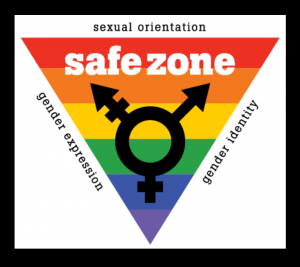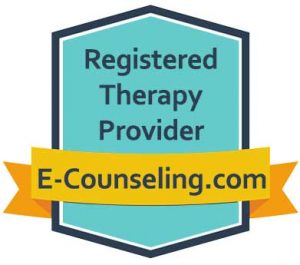Within the context of intimate relationships, couples tend to turn to one another for fulfillment. While needs can also be met independently from within, via employment settings, through friends, family, etc., when in a partnership, couples tend to turn inward and place these needs and expectations upon one another primarily. There are a multitude of needs, and these can vary from person to person. However, the top 10 general needs tend to be as follows:
- Honesty and openness – having someone in your life with whom you can express yourself while they are receptive and truthful with you in feedback, even if it challenges you.
- Recreation & leisure companionship – having someone who enjoys getting out of the house with you, engaging in common hobbies and sources of fun and relaxation.
- Affection – having someone who provides you with physical touch and contact, not necessarily sexual.
- Sexual fulfillment – having someone who addresses the physical intimacy and sexual needs you have.
- Physical attractiveness – having a partner who finds you attractive and desires you.
- Conversation – having someone with whom you can share about your day, as well as deepest thoughts.
- Admiration – having someone who values and appreciates who you are, your accomplishments, etc.
- Family commitment – having someone who integrates their own family with you and creates an environment supportive of developing and growing your own family together.
- Household help – having someone who shares the responsibilities with you in running a household and creating a sense of home.
- Financial support – having someone who contributes to collective financial goals and provides support in the day to day monetary obligations.
At varying times, how the above list is prioritized for each individual in a relationship will change. What one finds most critical in the beginning of a relationship might move further down the list as time goes by, and this is to be expected as a relationship evolves. Regardless of how one prioritizes, it is most relevant to ensure that those in the relationship know what their partner is needing or seeking most as time passes. Communicating this allows for one’s partner to know where to focus their energies.
As you look over the list, think about your current relationship. While all 10 may feel very important, what if you had to prioritize? Narrow it down to a top three that you find to be of the greatest need for you right now in this moment. Why do you need these particular three? How would having these three emotional needs fulfilled benefit you? Benefit your relationship?
With your partner, sit down with this list. Each of you identify your top three emotional needs and communicate why you’ve chosen these three. Next, give thought to at least 3 ways you and your partner can attempt to meet or address these identified needs over the next week. Communicate these ideas with one another and come to an agreement. Commit only to things you know you will do, but don’t be afraid of change and trying something new. Give this a go for the next week!
Regards,
Dana
<Disclaimer: Content of this blog is for information purposes only and not intended as therapy or medical advice>











